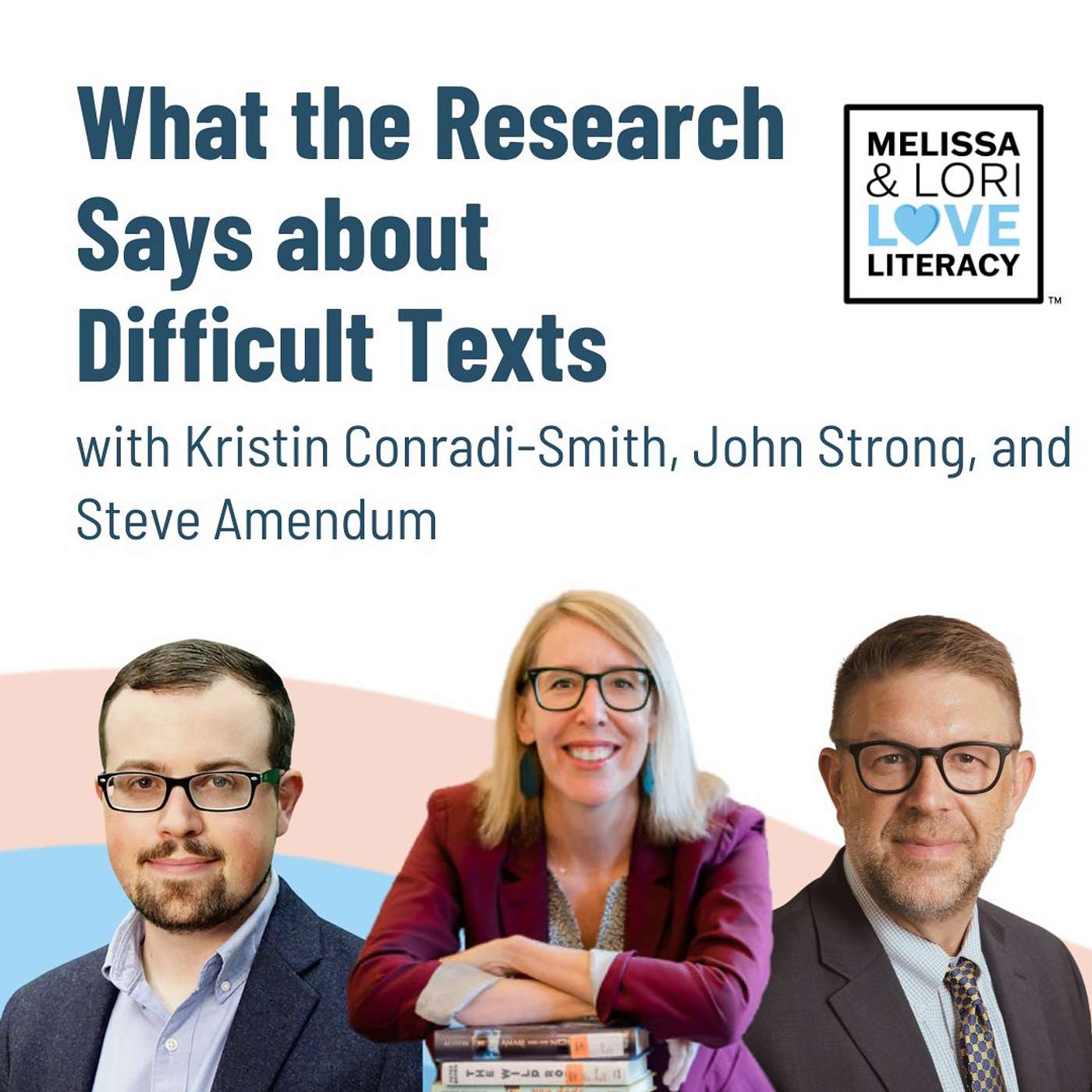Ep. 164: Misconceptions about Learning to Read with Carolyn Strom
Description
Ever wondered why reading isn't as natural as speech? Carolyn Strom, an accomplished early literacy expert, reveals that unlike speech, reading doesn't come naturally. In fact, it requires well-structured, explicit instruction which we'll discuss in this episode.
The importance of a structured approach to teaching reading cannot be understated. We'll be taking a deep look at the role of decodable texts, progress monitoring, phonemic awareness activities, and the necessity of a proper scope and sequence. And for those who believe that word memorization is the ultimate key to learning to read, prepare to have that myth debunked. Carolyn introduces the concept of mapping – associating the visual form of a word with its sounds and meaning, a vital aspect in learning to read.
As we delve further into the episode, we look into how critical practice and spoken language are in the reading process. Discover how word games can transform skill drills into an engaging and exciting experience for kids. We also have valuable insights for those working with bilingual or multilingual learners, as we discuss the significance of building spoken language and conceptual knowledge, which play a major role in comprehension. Finally, we'll discuss creating a conducive environment for students to learn and provide resources for further exploration. Join us for this captivating and educational journey into the world of early literacy.
Resources
- UFLI Foundations
- Letterland
- Spelfabet
- Stay connected with Carolyn!
- Stanislas Dehaene, How the Brain Learns to Read (book)
- Maryanne Wolf, Proust and the Squid (book)
We answer your questions about teaching reading in The Literacy 50-A Q&A Handbook for Teachers: Real-World Answers to Questions About Reading That Keep You Up at Night.
Grab free resources and episode alerts! Sign up for our email list at literacypodcast.com.
Join our community on Facebook, and follow us on Instagram, Facebook, & Twitter.




![[Listen Again] Placing Text at the Center of the ELA Classroom (Updated) [Listen Again] Placing Text at the Center of the ELA Classroom (Updated)](https://storage.buzzsprout.com/5hj8ec31tldraatw12sl1szk0t6l?.jpg)














![[Listen Again] Building Fluency with POSSUM with Maryanne Wolf and Melissa Orkin [Listen Again] Building Fluency with POSSUM with Maryanne Wolf and Melissa Orkin](https://storage.buzzsprout.com/kjj3dls24hz2jjs971cjif7ufq8i?.jpg)





